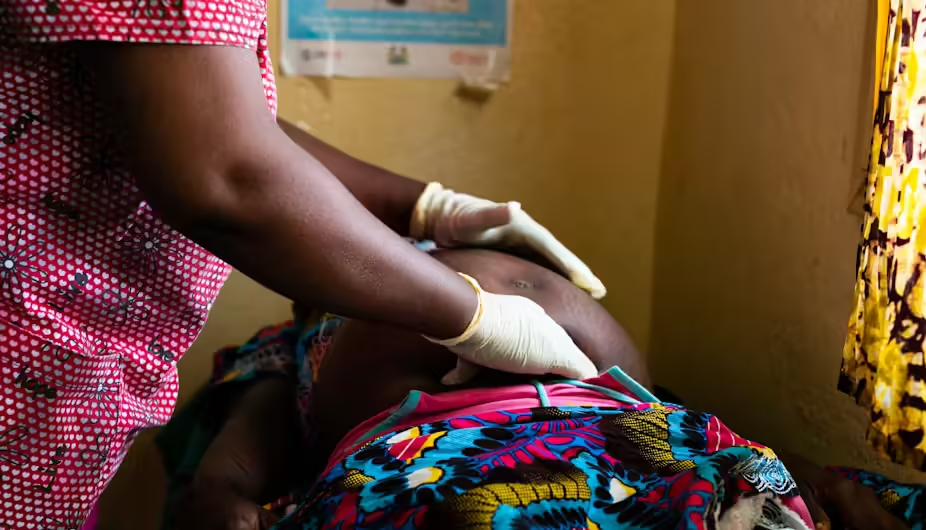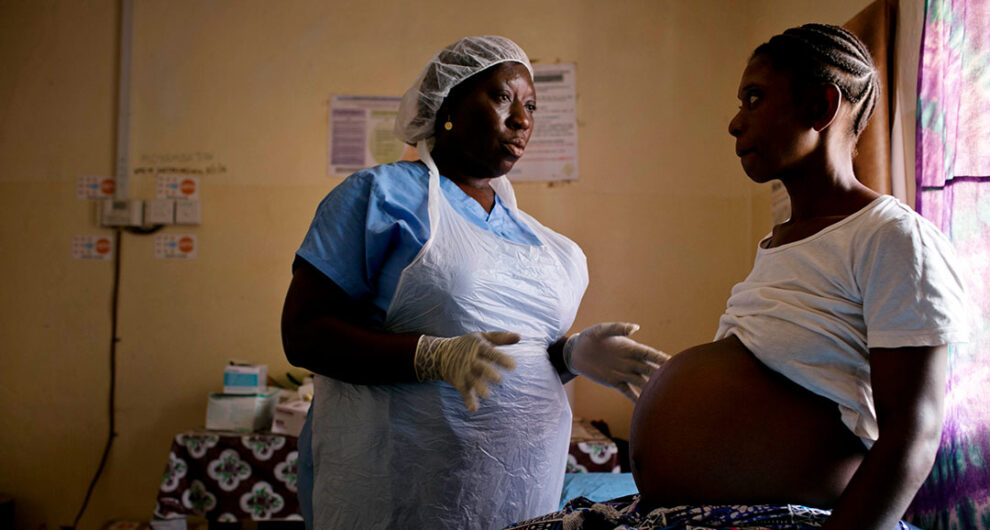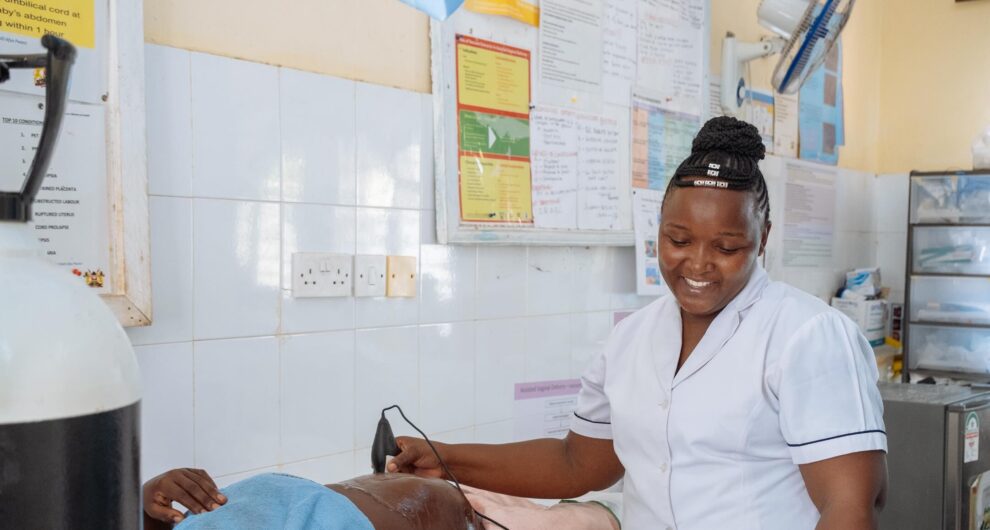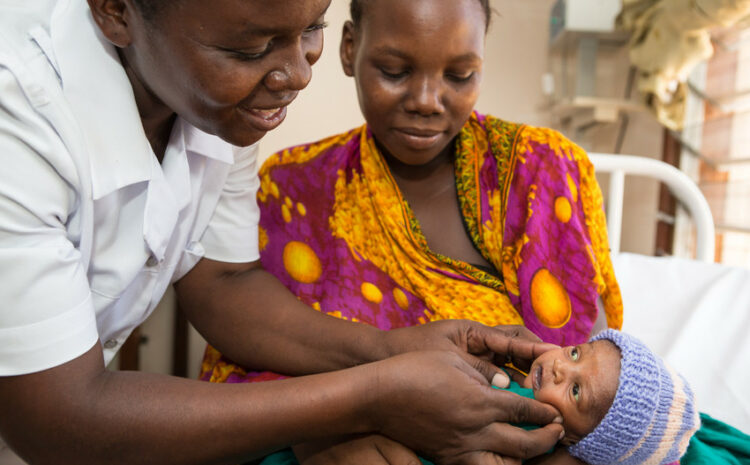The Midwifery Care Models




The Midwifery Care Models is a one-year research project aimed at understanding midwifery care models in Kenya and Senegal. Midwives are essential in maternal and newborn healthcare, providing continuous support to women throughout pregnancy, childbirth, and the postpartum period. Evidence suggests that access to midwifery care is associated with better outcomes for both mothers and infants as it reduces the need for medical interventions during labour. Furthermore, countries that invest in midwifery not only achieve better maternal and newborn health outcomes, but also experience lower healthcare costs per capita.
Despite these benefits, global targets for midwifery access remain unmet, with a shortage of over 900,000 midwives worldwide—almost 500,000 of whom are needed in Africa, where maternal and infant health risks are particularly high. Although essential, midwives represent only a small portion of reproductive, maternal, newborn, and child health (RMNCH) workforce and are often misreported with other healthcare roles, limiting an accurate understanding of their impact. Research shows that approximately 90% of essential MNCH needs could be met by professional midwives who are trained, licensed, and regulated to deliver high-quality care across the entire continuum—from antenatal and intrapartum to postnatal phases—reducing risks of postpartum haemorrhage and Caesarean sections. Expanding midwifery services, especially in underserved areas, could prevent up to 67% of maternal deaths, 64% of newborn deaths, and 65% of stillbirths each year, saving as many as 4.3 million lives annually.
Although midwifery care is well-studied in high-income countries (HICs), more research is needed in low- and middle-income countries (LMICs) to fully understand its impact. The World Health Organization (WHO) has highlighted several key midwifery care models that ensure positive health outcomes through antenatal, intrapartum, and postpartum care. Within Kenya, the Community-Based Midwifery Model is widely used to provide essential care access for all women, even in hard-to-reach areas, and has demonstrated positive effects on skilled attendance during childbirth as well as on maternal and perinatal outcomes. Although other models such as the Midwife-Led Continuity of Care Model and Integrated Midwifery Services are also present, they are less widely implemented. Therefore, this research project aims to identify successful midwifery models, explore the barriers and facilitators affecting their implementation, examine key interventions in Kenya and Senegal, and assess the role midwives play in strengthening RMNCH outcomes. Ultimately, it will provide information and recommendations on midwifery care and training for improved programming to reduce MNCH morbidity and mortality.
The Midwifery Care Models project will generate evidence to inform midwifery service interventions through four targeted approaches:
1. Defining a Successful Midwifery Programme:
This approach will synthesise insights from key literature, including the Lancet Midwifery Series (2014) and the ICM Midwifery Services Framework, to define components of a successful midwifery program. Key interventions—such as Helping Babies Breathe, Golden Minute, and recent systematic reviews—will be reviewed to identify essential indicators of high-performing midwifery services.
2. Characterising Active Midwifery Models:
The project will profile active midwifery models in Kenya by examining their roles within the health system, team structures, essential skills, and infrastructure. It will also analyse model modifications to meet local needs and their contribution to improved birthing outcomes.
3. Investigating Facilitators and Barriers to Programme Performance:
To identify factors that support or hinder midwives’ capacity to provide safe motherhood and maternal-newborn care, this approach will examine high- and low-performing counties in Kenya based on indicators like skilled birth attendance (SBA) and antenatal care (ANC) coverage (minimum of four ANC visits). From this analysis, one high- and one low-performing county will be selected, with two to four facilities in each county, representing diverse midwifery models. Equity analyses in these counties will assess SBA access, exploring factors that enable or restrict SBA and ANC access/utilisation as indicators of programme performance.
4. Investigating the Role of Midwives in Delivering High-Impact RMNCH Innovations:
This approach will investigate how midwifery services are leveraging interventions that drive RMNCH outcomes, focusing on a ‘backpack’ of high-impact innovations (e.g., PPH bundles, AI-enabled ultrasound, multiple micronutrient supplements, ANC corticosteroids, neonatal resuscitation, IV iron, maternal azithromycin, CPAP, probiotics, oral amoxicillin, and gentamicin). Barriers and facilitators for midwives in delivering these innovations will be assessed across training, programming, and service-delivery models, along with lessons on scaling and integrating these innovations into routine RMNCH services.
- A research brief
- A final report
- A journal publication based on the results from the final report
- A final synthesis paper
This project is a collaboration between;
The Exemplars in Global Health (EGH) programme
African Institute for Development Policy (AFIDEP) in Kenya
Institute for Health Research – Epidemiological Surveillance and Training (IRESSEF) in Senegal.
Key Details
| Dates: | August 2024 to August 2025 |
| Aim: | To support data generation that will inform interventions to improve midwifery services.
|
| Where: | Kenya , Senegal |
| Project Manager: | Naa Dodua Dodoo |
| Principal Investigator: | Nyovani Madise |

